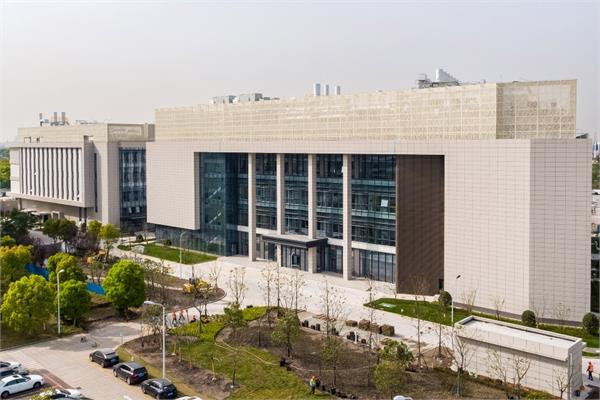
BASF invested a total of €280 million in the Innovation Campus Shanghai, which now includes two new R&D buildings serving the Asia-Pacific region.
BASF has recently inaugurated the expanded facilities of its Innovation Campus Shanghai (China), consisting of two new research and development buildings. The company has invested a total of €280 million in the centre in order to enhance its innovation capabilities and better support its customers in China and across Asia.
“Today, more than ever, our customers are looking for innovative solutions for a sustainable future. With the expansion of the Innovation Campus Shanghai, we can respond even faster to the growing needs and requirements of the markets in China and across Asia in particular. Innovation is a key driver for greater sustainability, growth and key to our success,” has declared Melanie Maas-Brunner, a member of the Board of Executive Directors of BASF SE and Chief Technology Officer.
The Innovation Campus Shanghai, which opened in 2012, is the largest site of BASF in Asia
dedicated to research and development. It had been already expanded in 2015 and 2019. The new project has added facilities and laboratories that will be used to advance chemical research projects and create new sustainable solutions.
“The expansion of the Innovation Campus Shanghai marks another milestone for our presence in Greater China, the world’s largest chemical market. With the continuous investments in research and development, we are committed to strengthening our local capabilities and co-creating with our customers in China, especially in fast-growing sectors, such as e-mobility, advanced manufacturing, and renewable energy,” has stated Jeffrey Lou, the president and Chairman of BASF Greater China.
The expanded research and development facility will include a process engineering laboratory focused on the formation and handling of solids to optimise the processes of existing production plants and polymer recycling technologies, a digital laboratory for dispersions and resins equipped with robotic automation to test scrub resistance and tensile strength and characterise coating film appearance and laboratories for metal surface cleaning and industrial cleaning processes that help reduce energy consumptions.
“We are continuously enhancing and further developing our R&D competencies in Asia to meet the evolving needs of our customers both in Asia and beyond. With our further investment in the Innovation Campus in Shanghai, we will drive the transformation of the chemical industry towards more sustainability and create innovative and sustainable solutions that benefit both industry and society,” has also added Detlef Kratz, the president of Group Research for BASF.